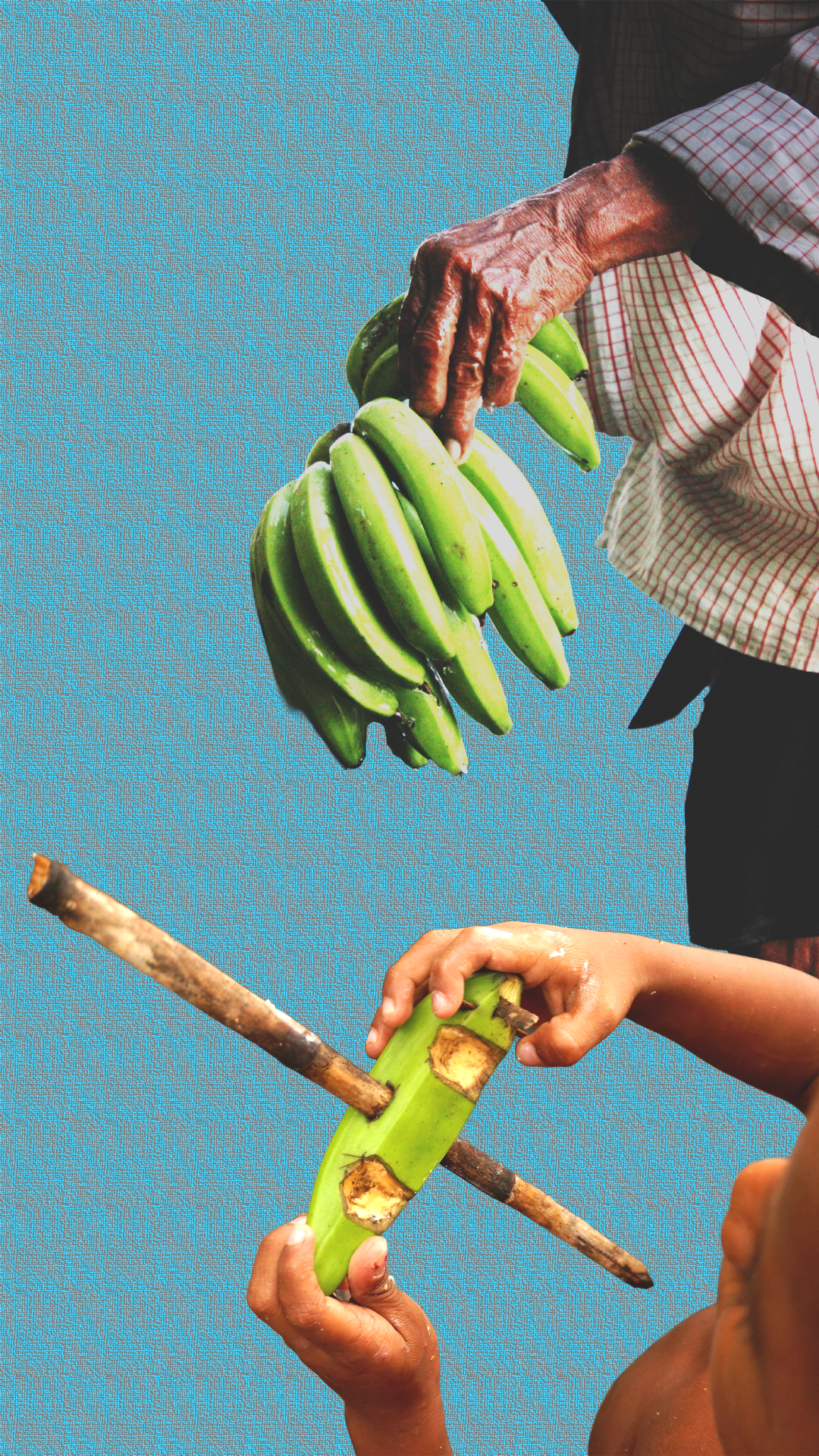Current Issue: Volume 21, Issue 2 (November 2025) Food economies in transformation
This special issue of Tipití addresses the topic of food economies through a systemic approach that considers multiple factors. On the one hand, dense ethnographies deal with clashes related to introduced financial resources that are foreign to Indigenous people’s lives and their transformation and insertion into kinship networks. On the other hand, the issue presents renewed approaches on the familiar topic of Lowland food economies. Food is a recognized topic in this field, particularly regarding the creation of kinship and community ties through consumption and sharing, as well as its relation to health and disease processes. Yet, the articles here study the transformations in food systems due to relations with the state and the capitalist economy. The articles address the various public policies, distribution of basic food items, school meals, and the daily tensions these communities face in interactions with the non-Indigenous people around them. As such, this volume will be particularly useful for researchers currently conducting fieldwork and to encourage future research into the complex and multifaceted aspects of nutrition among the peoples of the South American Lowlands.Introduction
The matter of production and forms of sharing: transformations of food economies in Lowland South America
Clarice Cohn, Diego Madi Dias, and Adriana Athila
Articles
Ädeeja: origem dos alimentos cultivados e práticas alimentares ye’kwana
Viviane Cajusuanaima Rocha (povo Ye’kwana)
El sistema nainu de agricultura familiar: semillas de la memoria social y de la autonomía alimentaria en Gunayala (Panamá)
Lenín Alfonso Morales, Geodisio Castillo, and Diego Madi Dias
Prosperando con otros: paisajes multiespecie y producción de alimentos en el Caribe colombiano
América Larraín
Aprendiendo a poner gusto o sobre una gastropolítica urarina
Juana Lucía Cabrera Prieto and Harry Walker
As donas do fogo: parentesco, práticas alimentares e luta pela terra entre os Kaiowa e Guarani
Lauriene Seraguza Olegário e Souza
Comer como o inimigo: violência, transformações e persistências na economia alimentar wari’ (Amazônia Ocidental)
Maurício Soares Leite

Editors for this issue
- Editors for this issue
- Susana Matos Viegas, Joana Cabral de Oliveira, Cecília McCallum
- Editorial Assistant
- João Roberto Bort Jr.
- Formatting and design
- Gustavo Fiorini
- Copy editor for English
- Christian Frenopoulo, Veronika Groke
- Copy editor for Portuguese
- Janaína Tatim
- Copy editor for Spanish
- Natalia Matta-Jara
